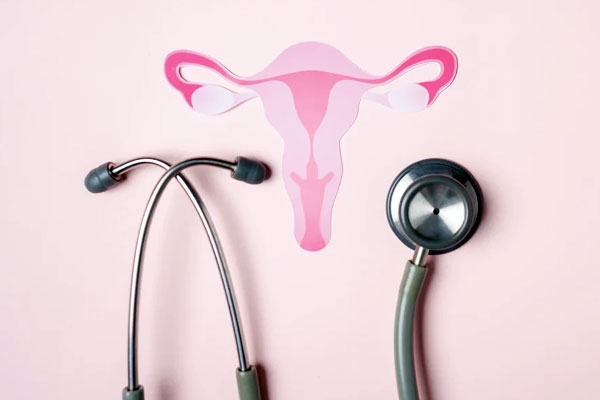
(Image source from: Canva.com)
The cervix is an important part of the female reproductive system and plays an important role in a woman's overall health. It connects the uterus and vagina, allows fluid to flow in and out of the uterus, and serves as a passageway during childbirth. However, the cervix is susceptible to cell changes that can lead to cervical cancer, so it is important to prioritize cervical health. Leading experts share their insights and advice on maintaining cervical health. Women are recommended to have regular Pap smears or HPV tests. If the Pap test is abnormal or positive, be sure to get tested and treated before the problem becomes serious. The key to preventing cervical cancer The role of vaccines in preventing cervical cancer has been emphasized by many experts.
To prevent this deadly disease, HPV vaccination is recommended for teenage boys and girls. Using a condom or internal condom during vaginal or anal sex and a toothpick during oral sex reduces the possibility of contracting or spreading the HPV virus. These precautions also help prevent infections such as chlamydia and gonorrhea, which can cause cervical inflammation. Smokers are twice as likely to develop cervical cancer and other infections as non-smokers. Smoking damages the cells of the cervix and weakens the immune system, making it difficult to fight HPV and other infections. A balanced diet and regular exercise strengthen your immune system and your overall health. Symptoms such as irregular spotting, vaginal discharge, abdominal pain, and bleeding after intercourse often occur in later stages of the disease. Therefore, early detection through a Pap smear, HPV DNA test or colposcopy is important. Regular checkups can save lives and, in some cases, save your uterus. Cervical cancer can be prevented with proper care, vaccinations and regular checkups. By adopting these expert-recommended habits, women can protect their cervical health and live a healthier life.







